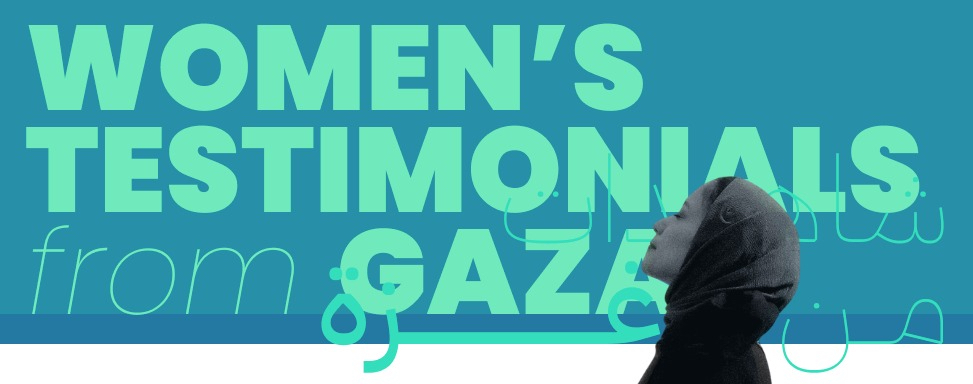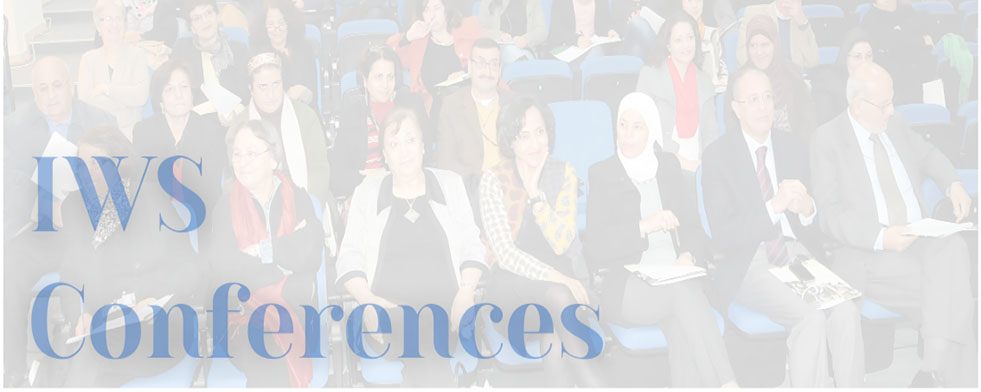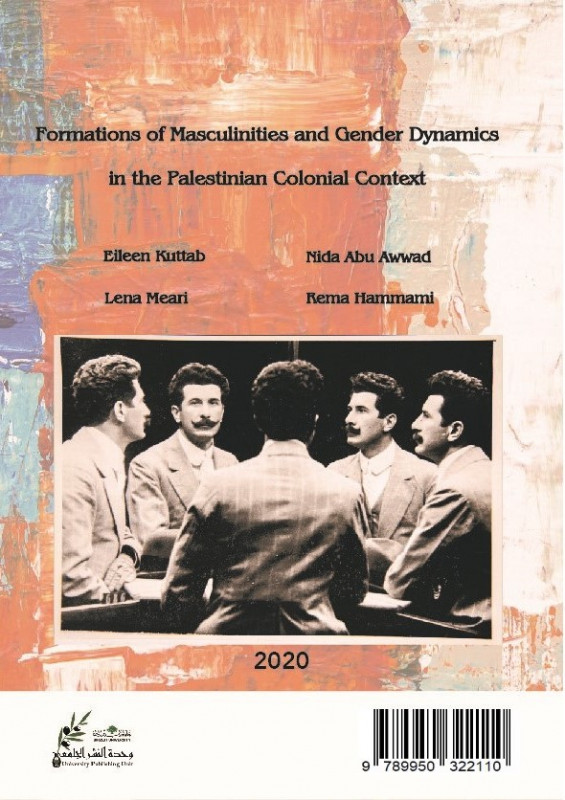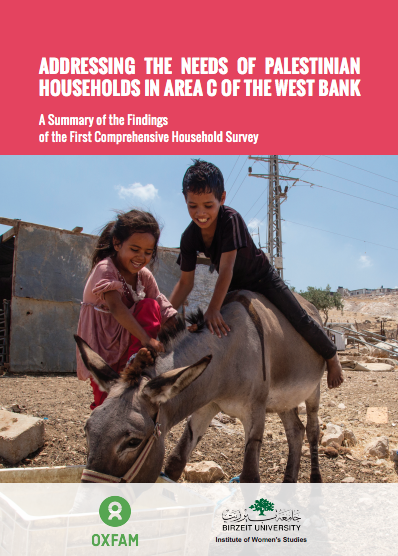Multiplicity among Palestinian masculinity : the case of middle class men in the city of Ramallah pdf
Year: 2017
Author: Maisa Taher Hussni Alnatsheh
Supervisor: Lena Meari
Discussion Committee: Amira Silmi & Ala Alazzeh
Abstract
This thesis main motivation emerged from a found need to emancipate Palestinian masculinity form being represented and perceived in limited models of masculinity. The study hypothesis suggests that masculinity among Palestinian men is a multiple entity that varies according to individual context and circumstances. Therefore, the study challenges portrayed models on Palestinian masculinity throughout the Palestinian history by demonstrating an analytical insight of written literature and studying Palestinian masculinity formation and transformation focusing on debating diverse perspectives of representation. In more depth, this exploratory study aims to explore the complexity of unlimited factors within each individual context that interact along personal and collective history to feed in the active process of constructing individual masculine identity. Consequently, an inductive qualitative research approach is adopted to carry out the analysis of collected data throughout field observation and semi-structured interviews conducted with a sample of 13 Palestinian middle class working men who work in the banking sector and live in the city of Ramallah.
A multilayered thematic analysis of field work emerging themes are employed to serve the hypothesis and to investigate the active process of constructing the masculine identity consider the complex interplay of individual contexts. Two main themes of analysis were identified with sub-themes included. The first theme is “revealing the individual perception of self-masculine identity” nourished by three sub- themes: elucidating masculine standards, evoking masculine inheritance- the halo, and mirroring the self throughout specific contexts.
The second theme is “perception of male privilege and cost of masculinity” nourished by four sub-themes: freedom of mobility, power dynamics, slippage of domination, and perception of masculinity cost. Continuously, two crosscutting themes kept emerging throughout the analysis, which are identified as; “social conformity/masculinity performance” and “differences and inequalities among men”.
At the end, the study concluded that Palestinian men perceive their masculinity in multiple ways following each individual specific and complex context.
Download



